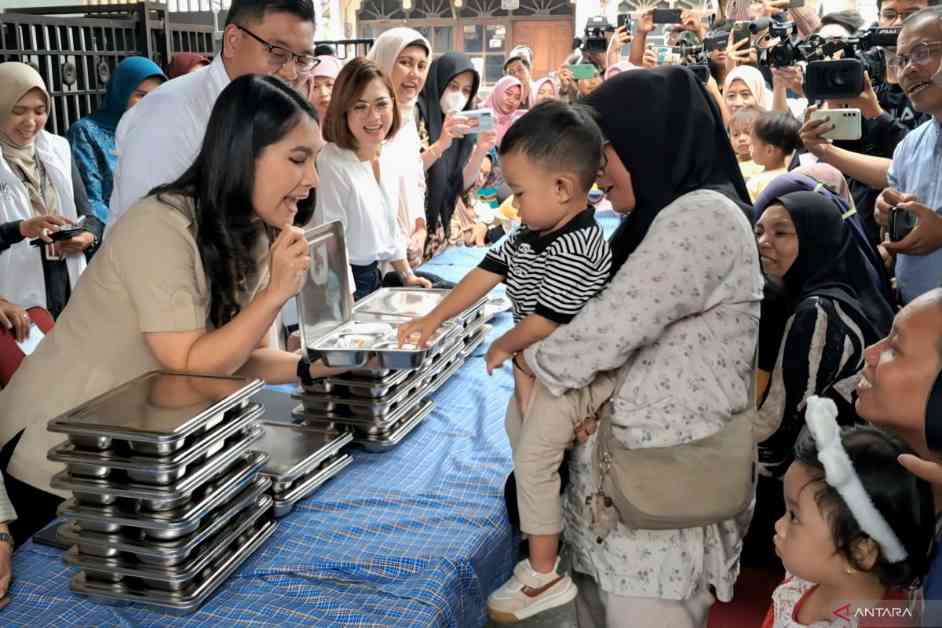Importance of Fathers’ Involvement in Parenting for Child Development
In a bustling morning at the Dahlia Integrated Health Post (posyandu) in Susukan village, Ciracas, East Jakarta, 45 individuals, including pregnant women, breastfeeding mothers, and under-five children, received Free Nutritious Meals. The scene was filled with the sounds of crying children, uncomfortable in the crowded space.
Fathers’ Absence at Posyandus
The absence of fathers at posyandus, such as Dahlia and Anyelir, raises questions about the role of fathers in parenting. Despite the importance of their involvement in child development, fathers are often missing from these crucial moments of their children’s growth. On a typical weekday like Friday, it is understandable that fathers might be at work, but their presence is vital for a holistic approach to parenting.
Deputy Minister of Women’s Empowerment and Child Protection, Veronica Tan, highlighted the significance of fathers accompanying their families to these health posts. By being actively involved, fathers can witness their child’s development firsthand and play a more substantial role in their upbringing.
Challenges Faced by Fathers in Equal Parenting
Economic factors and the double burden on women are some of the challenges that hinder fathers from actively participating in parenting. Data from Statistics Indonesia (BPS) in 2020 revealed that a significant number of women are heads of households and wage earners, showcasing the changing dynamics of family structures.
Indra Gunawan, the acting deputy for gender equality at the Ministry of Women’s Empowerment and Child Protection, emphasized the need for equal parenting to alleviate the burden on women. By sharing responsibilities in raising children, both parents can create a more balanced and supportive environment for their families.
Promoting Equal Parenting through Education and Support
To address the lack of fathers’ involvement in parenting, the Ministry of Population and Family Development is spearheading the Exemplary Father Movement (Gate). This initiative aims to encourage fathers to be emotionally present and actively engage in their children’s upbringing, beyond just providing financial support.
Through programs like the Free Nutritious Meals initiative, fathers and mothers can receive education on good nutrition for their families. By involving both parents in understanding the importance of proper nutrition, families can cultivate healthy eating habits and promote overall well-being.
In conclusion, the presence of fathers at posyandus is crucial for fostering an equal parenting ecosystem within families. By recognizing the value of fathers’ involvement in child development, we can create a more supportive and nurturing environment for the next generation. Let’s strive towards promoting gender equality and shared responsibilities in parenting for the betterment of our families and society as a whole.






















